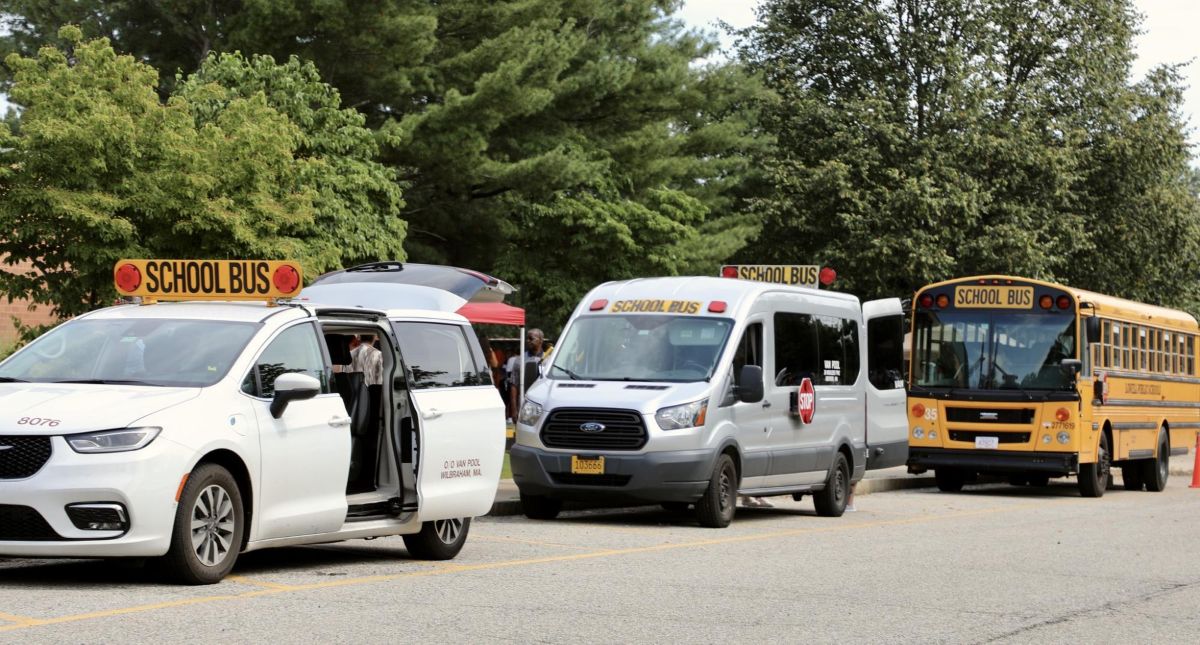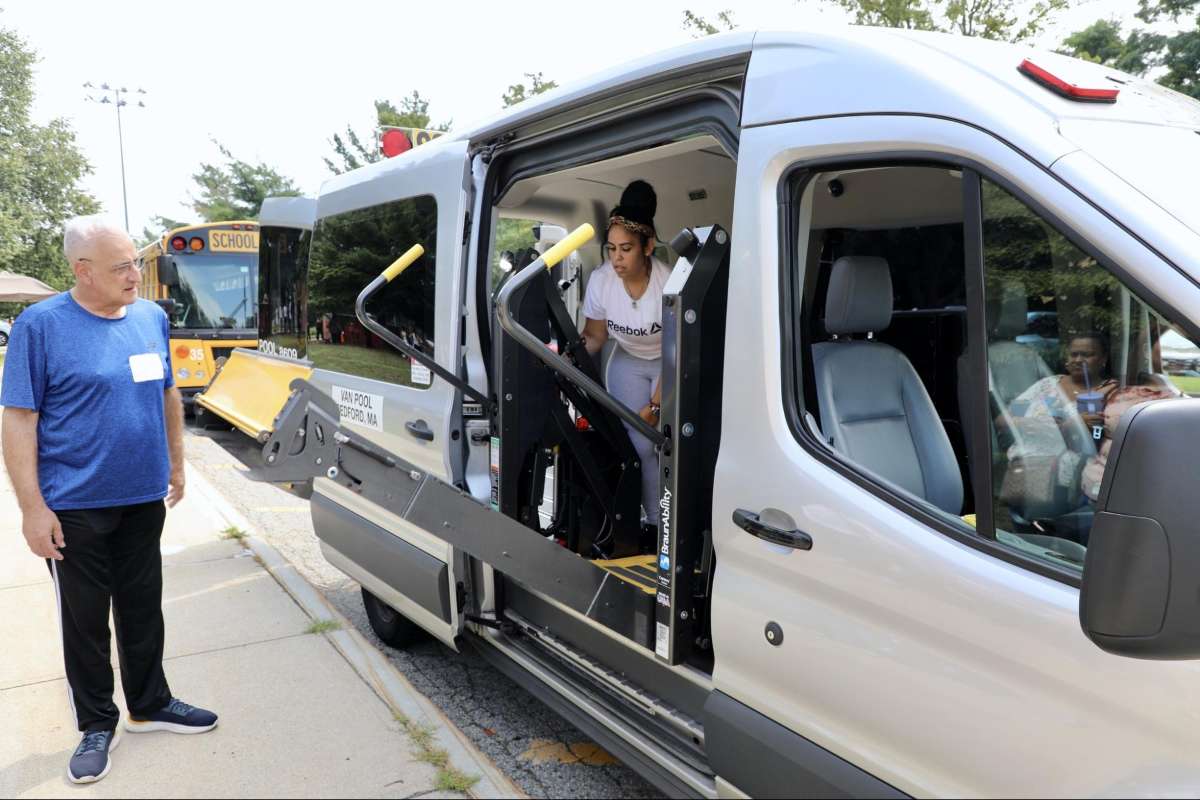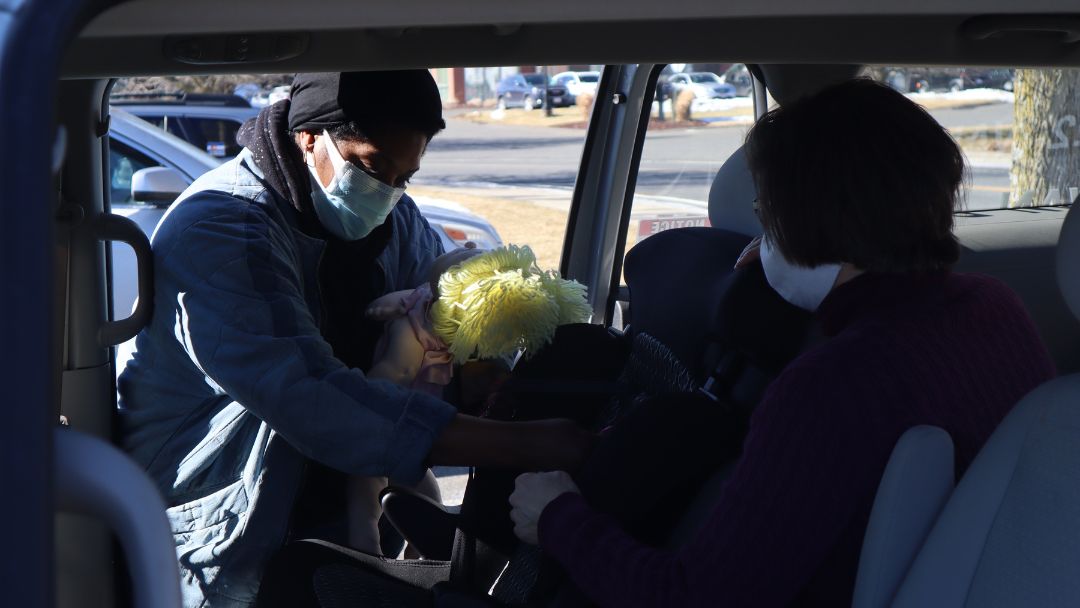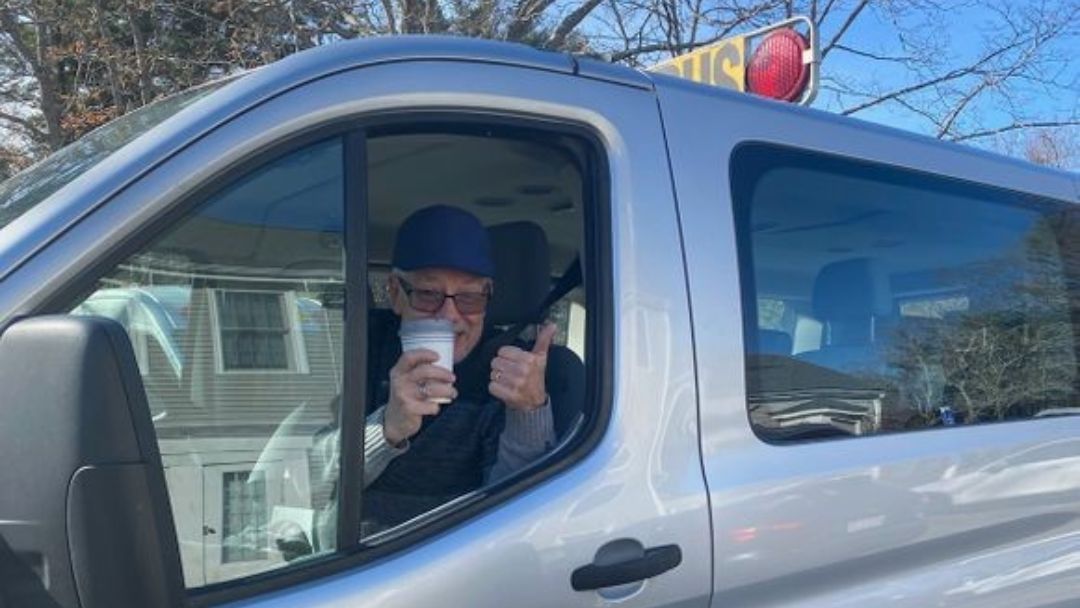For adult day centers across Massachusetts, transportation is a lifeline—bringing seniors and adults with disabilities safely to and from programs every day. But along with the benefits comes real responsibility. Center directors, coordinators, and staff must understand the legal and logistical risks that come with managing or outsourcing transportation services.
This guide outlines the essentials of transportation liability and insurance for adult day centers—what to watch for, how to evaluate providers, and how Van Pool helps you stay protected and compliant.
Why Liability Matters in Senior Transportation
Transporting vulnerable populations involves more than logistics. Adult day centers must protect:
- Riders (often with mobility or cognitive challenges)
- Staff and volunteers
- Partner organizations and municipalities
- The reputation and compliance status of the center itself
An incident during transport—whether it’s a minor injury, a traffic accident, or a missed pickup—can quickly turn into a legal and financial issue if proper coverage and protocols aren’t in place.
Key Types of Liability for Adult Day Centers
Here are the most common transportation-related liabilities your center should be aware of:
Personal Injury or Accidents
If a rider slips during boarding, isn’t properly secured, or is injured in an accident, the center could be liable—especially if transportation is managed in-house.
Driver Negligence
If staff or volunteer drivers fail to follow safety protocols, lack training, or violate traffic laws, the liability often rests with the organization.
Vehicle Maintenance and Equipment Failure
Breakdowns or unsafe conditions (e.g., faulty lifts, unsecured wheelchairs) can lead to both injury and legal action.
Inadequate Insurance or Contracts
Without the right agreements in place, your center may assume more liability than intended when partnering with external transportation vendors.
Understanding Transportation Insurance Coverage
Whether you own vehicles or outsource transportation, your insurance strategy must be comprehensive and proactive.
Essential Policies Include:
- Auto Liability Insurance: Covers third-party bodily injury or property damage.
- General Liability Insurance: Protects against claims of negligence or unsafe practices.
- Professional Liability (Errors & Omissions): Especially important if center staff coordinate or schedule rides.
- Abuse and Molestation Coverage: In some cases, insurance is required for transporting vulnerable adults.
- Umbrella Liability Coverage: Adds protection above policy limits.
Consult your insurance advisor to confirm your policy limits and exclusions—and ensure that contracts with vendors clearly assign risk.
What to Look for in a Transportation Provider
Partnering with a professional transportation provider like Van Pool can dramatically reduce your center’s exposure to risk—if the partnership is structured correctly.
Make sure your provider has:
- Proof of commercial auto insurance and adequate liability limits
- Worker’s comp coverage for drivers and aides
- Well-maintained, accessible vehicles that meet ADA and state safety standards
- Trained, vetted drivers who understand the needs of seniors and individuals with disabilities
Van Pool carries full insurance coverage and adheres to strict training, safety, and compliance protocols. Learn more about our safety standards and technology.
Driver Training Is Risk Management
One of the most effective ways to reduce liability is to ensure drivers are trained, certified, and equipped to handle medical, behavioral, and physical challenges.
Van Pool drivers complete:
- Safe lift and transfer training
- Emergency preparedness and incident response
- Sensitivity training for cognitive and physical disabilities
- Consistent updates through Van Pool’s driver training program
This level of preparation helps prevent incidents—and provides legal protection in the event of an unforeseen issue.
Contracts, Agreements, and Indemnification
If your center partners with a transportation provider, make sure your contract clearly defines responsibilities and includes indemnification clauses.
Key questions to ask:
- Who is responsible for what types of incidents?
- What happens if a rider is injured during transfer or delay?
- Are background checks and training logs available?
- Are vehicles maintained and inspected regularly?
Van Pool works directly with adult day centers to create clear, tailored agreements—so you know exactly where responsibility begins and ends.
Proactive Risk Mitigation Strategies
Here are simple steps every adult day center can take to reduce liability:
- Maintain a written transportation policy
- Provide caregiver consent forms for riders
- Conduct monthly safety reviews with staff
- Track incident logs and respond to concerns quickly
- Partner only with fully insured, experienced providers
Van Pool helps you implement these strategies as part of our service model. We don’t just drive—we become part of your risk management plan.
Final Thoughts: Confidence Through Coverage
Transportation is essential—but so is protection. When adult day center staff understand the risks and partner with a qualified, insured provider, they create safer experiences for everyone involved.
Van Pool has nearly five decades of experience providing reliable, liability-conscious transportation across Massachusetts. Our goal is simple: to give your team—and your riders—peace of mind every time a van leaves the curb.
Contact Van Pool to request insurance documentation, contract samples, or learn more about how we support adult day center safety.







